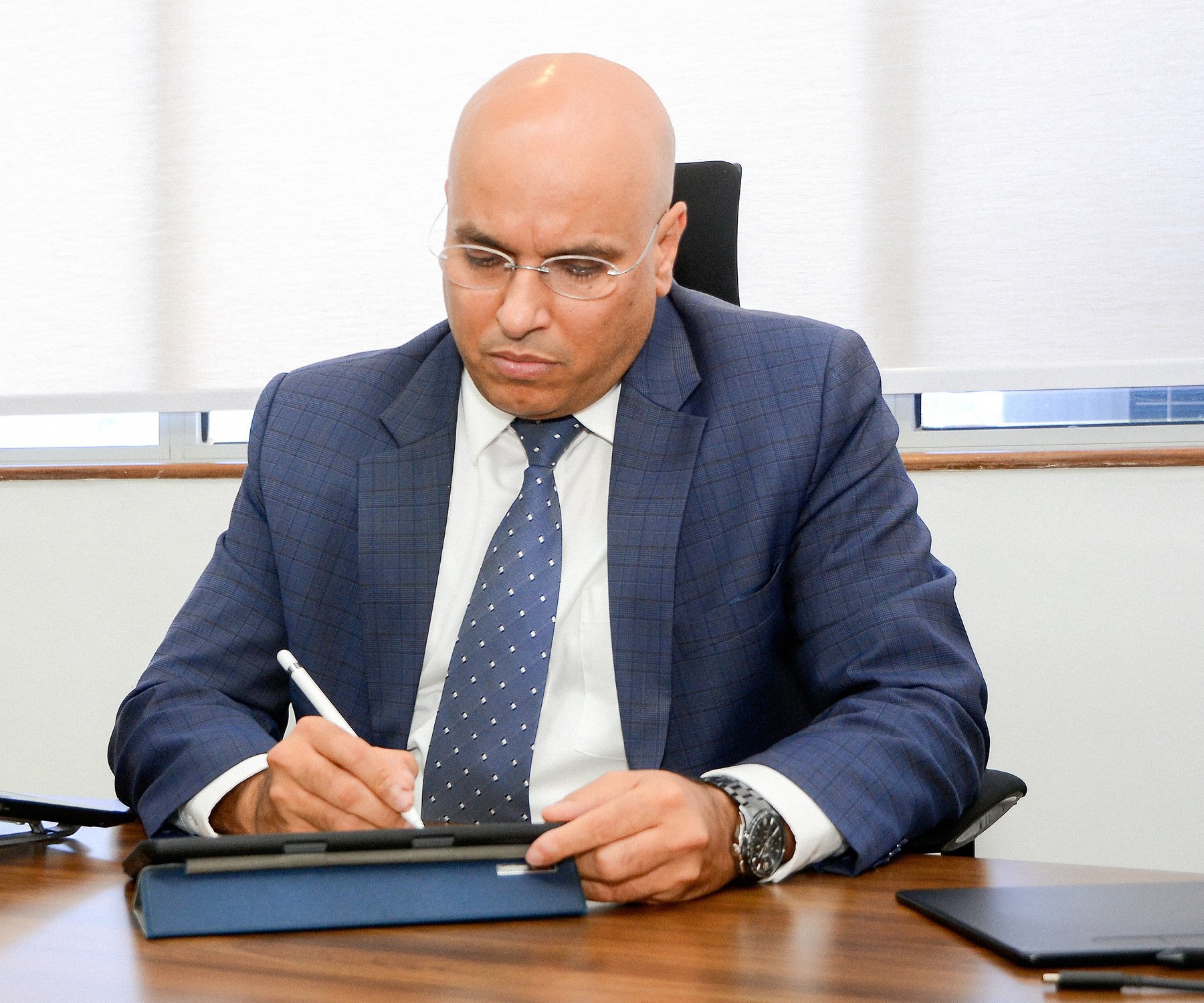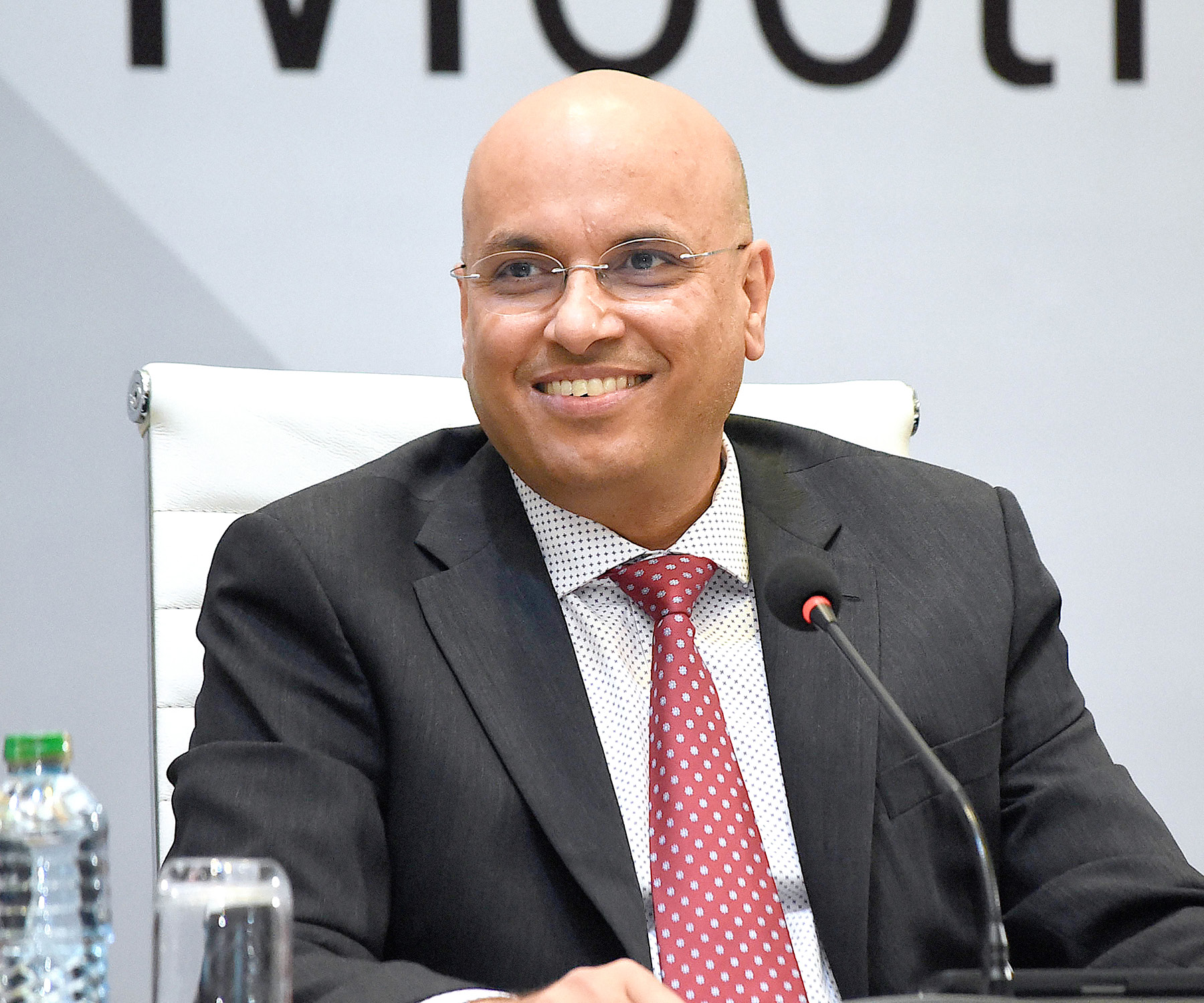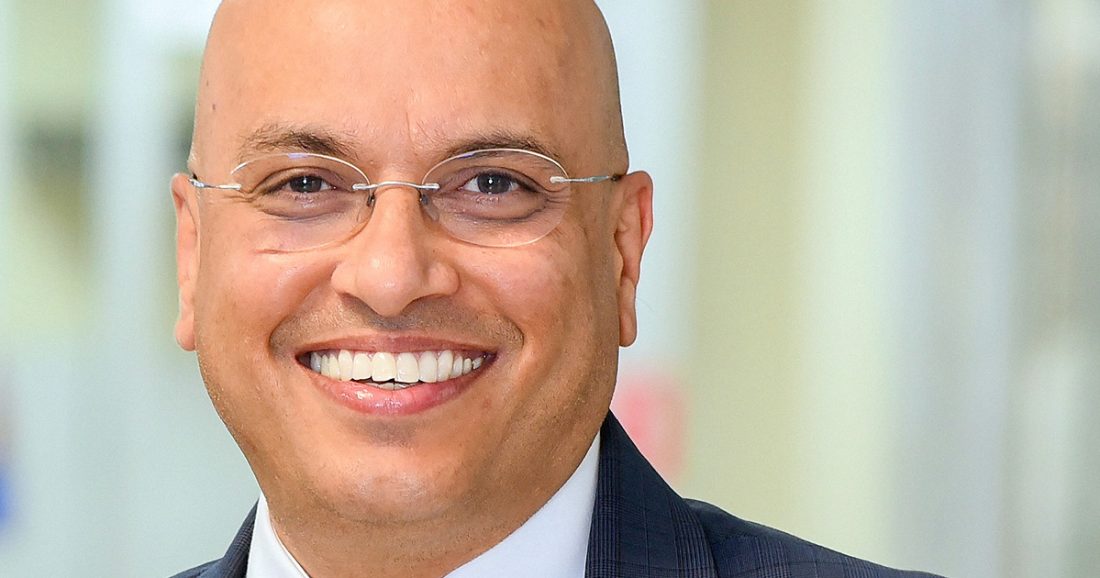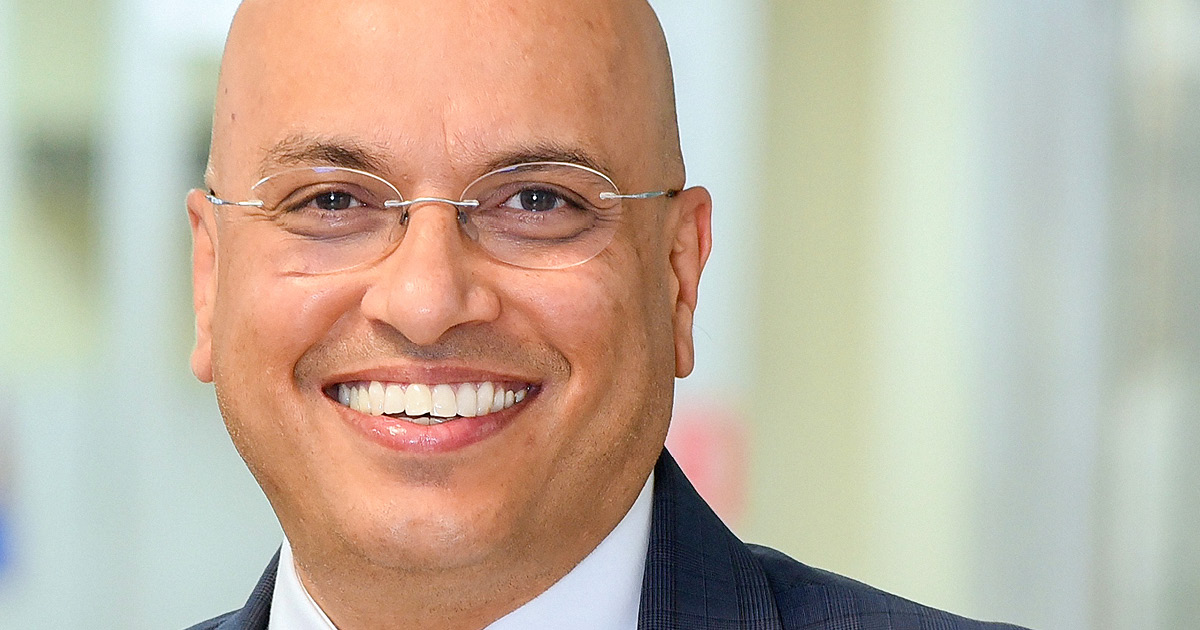Throughout Kenya, Bamburi Cement is a name that’s recognized straight away and which is synonymous with integrity, value and care.
“Bamburi is a very strong brand name in Kenya, with decades-old history in terms of performance, industry leadership and especially quality,” CEO Mohit Kapoor enthuses. “Whenever you speak to anybody in Kenya about quality cement, the consistent answer is Bamburi Cement.”

“On the industrial side, we’ve made a lot of effort to decarbonize our operations.”
So when Kapoor made the move from parent company Holcim to Bamburi Cement in April 2023, he felt a great sense of pride, as well as responsibility to stand at the helm of such an iconic business.
“It’s a privilege to be getting the opportunity to lead an organization of this size, magnitude, brand name and legacy,” he says. “I’ve been very fortunate to be a part of it.”
Since stepping into the top role last year, Kapoor has implemented a number of changes to ensure Bamburi Cement maintains its impeccable reputation.
“It’s always my effort to leave things in a better situation than when you inherited them,” he emphasizes. “So the first thing is we’ve set up a new leadership team, with the support of the board members, of course.
“We have a very professional setup here and it gives me great pleasure to work with immensely talented colleagues who are experts on the industrial, supply chain and commercial side of things, and who understand the market very well.”
Green Focus
Another key focus area was to continue working on Bamburi Cement’s already impressive sustainability policy. While it offers a wide range of cement products for specific applications, masonry and coastal region requirements, Kapoor says an ongoing aim has been to move toward 100 percent green solutions, which means launching new products that have substantially lower carbon footprints than the current options available.
“On the industrial side, we’ve made a lot of effort to decarbonize our operations,” he reveals. “Now, the efficiency and the productivity of our operations has to improve, so that’s where a lot of focus has gone – industrial operations, health and safety, increasing use of alternative fuels and raw materials and waste recycling.”
Advertisement
He proudly adds that Bamburi Cement excels when it comes to hitting its diversity and inclusion targets, with women making up 40 percent of the company’s operational managers and 40 percent of the board members.
It is also implementing climate-friendly strategies such as the reduction of freshwater withdrawal, rainwater harvesting, ensuring 100 percent of its quarries are rehabilitated, and also working with local communities on important initiatives.
“We’ve made a cancer clinic, we work with HIV patients as well, providing health care to them,” he explains. “We work with students in terms of providing scholarships. We have a clinic for women and children where we give them free treatments and vaccines. We’ve built schools.
“We continue to work together with the local communities and government to further escalate and grow these initiatives.”
Quality Assurance
It’s imperative to Bamburi Cement that the principles and approach of the suppliers the company deals with reflect its own, as well as maintaining an exceptional level of quality, as is the case with long-standing partner Dakawou Transport.
“The agencies that we work with, how dedicated they are in terms of their compliance, how focused they are in terms of the way we do the businesses, it all adds up in the end when all of us are on the same page and sharing the same values,” Kapoor explains.
“We are so proud to have partners who share the same values. When it comes to business ethics compliance, we would not be able to deliver if we didn’t have like-minded partners. Some of the customers don’t use any other brand other than Bamburi because of the quality assurance.”

“Some of the customers don’t use any other brand other than Bamburi because of the quality assurance.”
While he’s undeniably proud of all that has been achieved thus far, looking to the next three-to-five years, Kapoor concedes there are still plenty of areas that can be improved upon.
“There are still a lot of opportunities internally to de-bottleneck our operations. We can do more in terms of decarbonization. We can do more in terms of the ratios and our product portfolio. We can scale up our ready-mix business and precast products significantly,” he reflects.
“And on all the sustainability levers, we have the opportunity to grow exponentially as well.”




